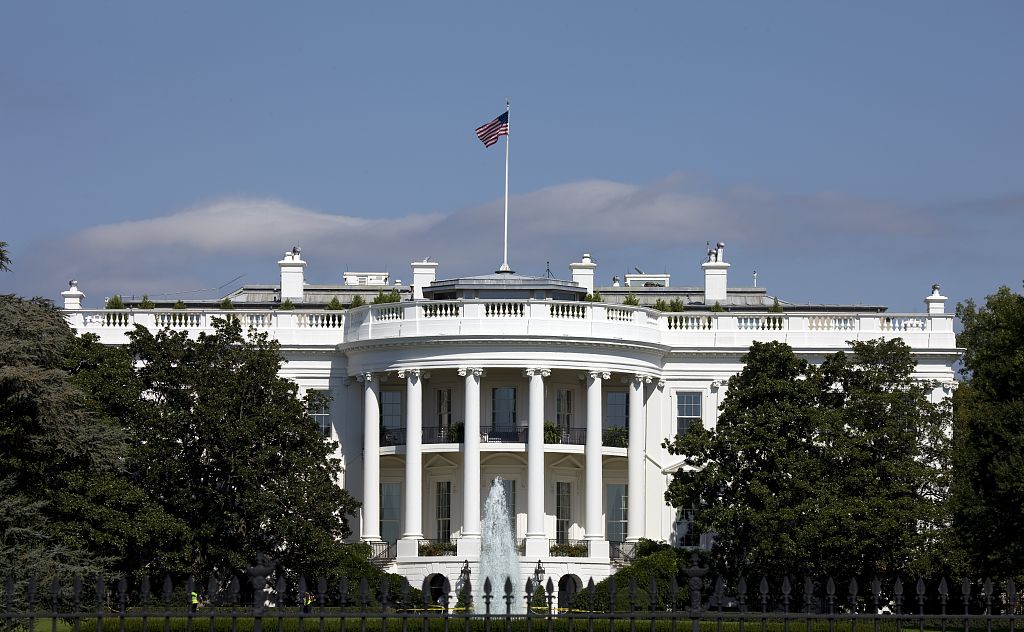The tax-and-spend impulse is so deeply embedded in Connecticut Democrats, it should be considered a genetic trait.
Take Gov. Ned Lamont. At the beginning of his budget address Feb. 20, he warned of a $3.7 billion two-year deficit, saying, “The fiscal crisis before us is not just a short-term hole in the budget. We are digging that hole deeper by $400 to $500 million annually due to fixed costs, such as pensions.”
After that opening, he gave lip service to solving the fixed-costs problem, and, then proposed a paid family-and-medical-leave program, “funded via a payroll tax on employees of approximately 0.5 percent, which will raise an estimated $400 million annually” – in other words, a new program costing the equivalent of those fixed costs.
The tax-and-spend impulse is so deeply embedded in Connecticut Democrats, it should be considered a genetic trait.
Take Gov. Ned Lamont. At the beginning of his budget address Feb. 20, he warned of a $3.7 billion two-year deficit, saying, “The fiscal crisis before us is not just a short-term hole in the budget. We are digging that hole deeper by $400 to $500 million annually due to fixed costs, such as pensions.”
After that opening, he gave lip service to solving the fixed-costs problem, and, then proposed a paid family-and-medical-leave program, “funded via a payroll tax on employees of approximately 0.5 percent, which will raise an estimated $400 million annually” – in other words, a new program costing the equivalent of those fixed costs.
After that opening, he gave lip service to solving the fixed-costs problem, and, then proposed a paid family-and-medical-leave program, “funded via a payroll tax on employees of approximately 0.5 percent, which will raise an estimated $400 million annually” – in other words, a new program costing the equivalent of those fixed costs.






